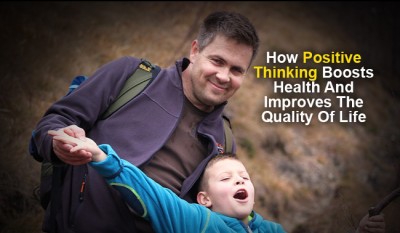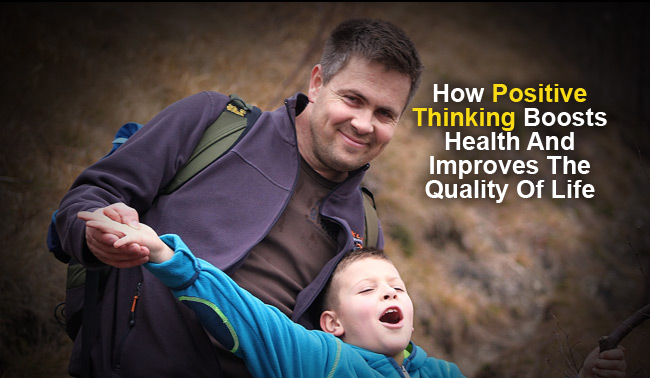
This post contains Amazon affiliate links, meaning I may earn a small commission if you purchase through my links, at no extra cost to you. Note: We aim to provide accurate product links, but some may occasionally expire or become unavailable. If this happens, please search directly on Amazon for the product or a suitable alternative.
In order to be successful in life, especially in business, it’s important to be positive in order to be a good leader. A positive mentality helps you develop new ideas, solve issues, and manage other people. When you’re happy, work doesn’t seem so much like work.
Time goes by faster, and things become easier as you’re more open to taking on new challenges. Become more productive and efficient by making the conscious decision to think positively. Your tasks and projects will seem easier, get done faster, and you’ll feel more energetic going about your day. And remember to smile, people notice.
But these are only some of the things on how positive thinking helps you in many different aspects of your life. Before we can reap the benefits of positive thinking however, we need to have a better understanding of the basics.
Positive thinking sounds useful on the surface. (Most of us would prefer to be positive rather than negative.) But, “positive thinking” is also a soft and fluffy term that is easy to dismiss. In the real world, it rarely carries the same weight as words like “work ethic” or “persistence.”
But those views may be changing.
Research is beginning to reveal that positive thinking is about much more than just being happy or displaying an upbeat attitude. Positive thoughts can actually create real value in your life and help you build skills that last much longer than a smile.
The impact of positive thinking on your work, your health, and your life is being studied by people who are much smarter than me. One of these people is Barbara Fredrickson.
Fredrickson is a positive psychology researcher at the University of North Carolina and she published a landmark paper that provides surprising insights about positive thinking and it’s impact on your skills. Her work is among the most referenced and cited in her field and it is surprisingly useful in everyday life.
Let’s talk about Fredrickson’s discovery and what it means for you…









